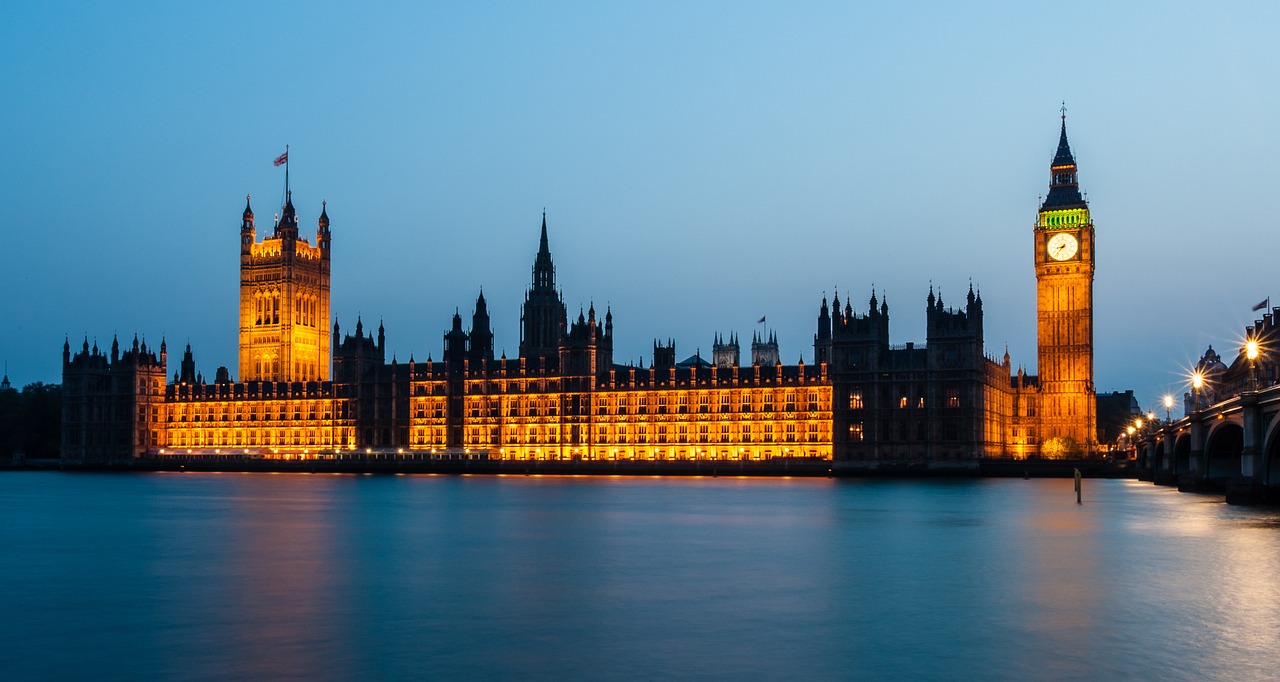In May, the government published its Children and Social Work Bill, a set of measures intended to drive up standards in the social work and children’s care sector. While the bill’s general intent – improving the lives of both adults and children who require social care – is laudable, some concerns have been raised about the implications for the tens of thousands of social care professionals who work in the sector; not least that the bill gives unprecedented control over regulation of the profession to the Secretary of State.
This in itself is problematic to many. The position of the British Association of Social Workers (BASW) is that regulation should be the responsibility of an independent regulatory body – the role currently filled in England by the Health and Care Professions Council (HCPC). This gives the public confidence that social work policies, practices and ethics remain independent from the whims of government ideology. Changing this to a situation where the profession’s standards and regulation are set by a newly formed executive agency – that is ultimately controlled by a government minister – is, for many, a worrying prospect.
Responding to the bill’s announcement in the Queen’s Speech, Dr Ruth Allen, Chief Executive of BASW, said: “No profession can be created by government; it must be owned and developed from evidence, ethics and the reality of day-to-day practice.”
Paving the Way for Social Care “Academies”?
The bill will also allow the government to permit local authorities “exemptions” from the obligation to meet certain statutory duties, for a period of up to six years in total. Whilst the government claims this will promote innovation and the opportunity to experiment with different ways of achieving better outcomes, some have expressed concerns that this is simply opening the door to academy-style models in the social work sector.
This approach – which invariably involves introducing private contractors into traditionally public services – has been controversial when introduced into other sectors, such as education and the probation service, with claims that it leads to a focus on targets and profit rather than actual quality of service.
Impact on Training & Best Practice
Alongside the fairly sweeping changes to regulation and statutory duties, the bill could also mean changes to other aspects of social worker training and practice. Direct regulation will give the government control over accreditation of social work education providers, and some believe this will mean more of an emphasis on fast-track training paths, rather than the traditional university route into social work.
Aspects of day-to-day work may also see a change of emphasis; for example, permanency assessments and plans for care proceedings are likely to see a greater stress on adoption than has been applied in recent years – a legacy of former Prime Minister David Cameron’s “unashamedly pro-adoption” stance.
Despite some of the concerns that have been raised around some aspects of the bill, the new legislation – and a revitalised regulatory framework – could well be a force for the betterment of both the social work profession, and the care of those whom the system is there to protect. For it to be truly effective, however, social workers (and the BASW) must be at the heart of consultations during the design and implementation of the practical details of these changes.
Will you be affected by the new Children and Social Work Bill? What do you think of the proposed changes? We’d love to get your opinions, so please leave a comment below or hop over to our Facebook page.





